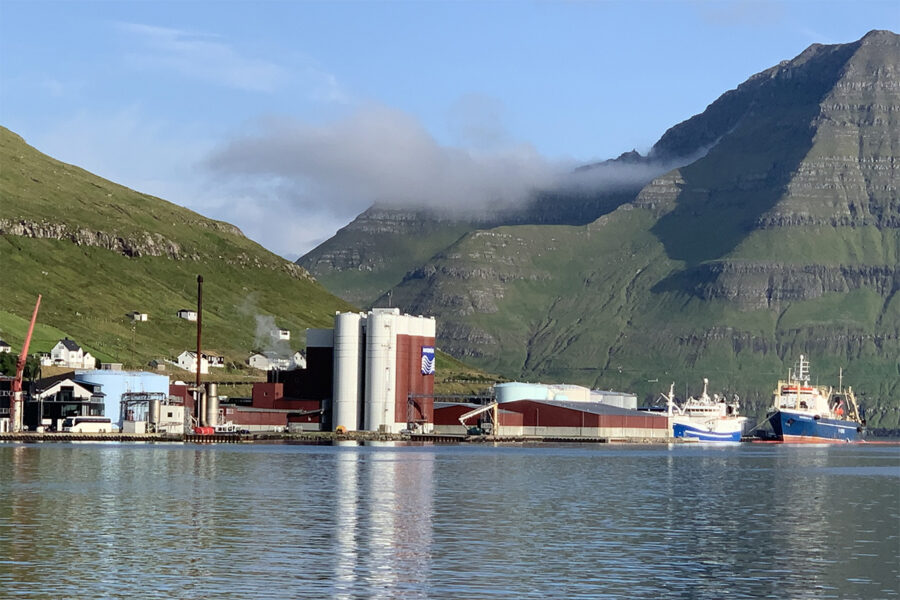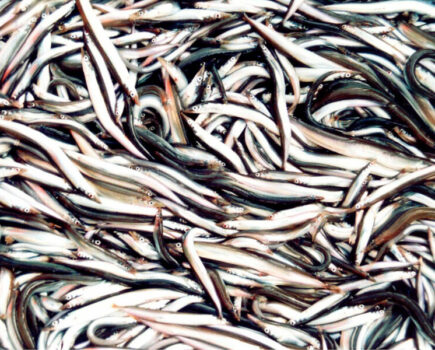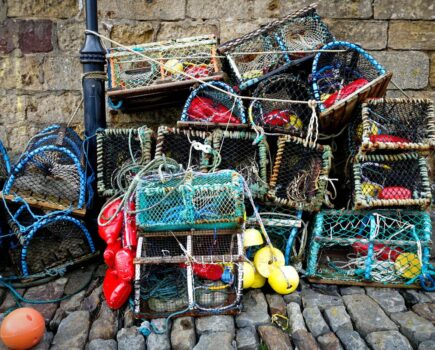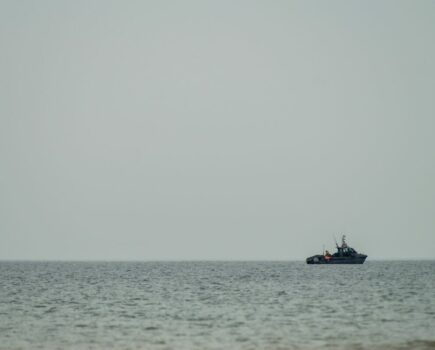A joint statement by Europêche and the European Association of POs (EAPO), released ahead of the upcoming coastal states meeting in London this week, has echoed scathing comments from the Irish industry about the bilateral deal in July between the UK and Norway that saw the UK allow access to Norwegian pelagic vessels, in exchange for mackerel quota.
Norway has been keen to delay capture of mackerel until later in the year, when the fast-moving fish are in UK waters, due to higher quality and fat content following increased spring feeding. This sees significantly higher prices paid by Norwagian and UK processing hubs.
“The UK-Norway bilateral deal did not end inflated, unjustified unilateral quotas,” the Europêche/EAPO statement says. “The bilateral mackerel deal for 2023 that the UK and Norway struck before summer does not contribute to a conducive environment for the conclusion of those consultations. In the meantime, Norway and the Faroe Islands have continued to operate on the basis of excessive, unjustified unilaterally set quotas, leading to further overfishing.”
The statement goes on to urge EU authorities to impose trade sanctions, if necessary, against states that continue to fish mackerel above historic quota shares.
The bilateral mackerel agreement for 2023 between the UK and Norway grants Norway access to UK waters to fish up to 60% of its TAC, in exchange for Norway reducing its TAC, coupled with a transfer of 24,635t of mackerel quota to the UK.
The agreement reversed a longstanding UK position – one also held by the EU – that unilateral issue of TAC shares above the agreed historic levels should not happen. Norway’s share of the mackerel TAC under the 2014-2020 tripartite agreement was 22.5%. In the bilateral agreement, the UK has implicitly accepted a huge increase in the Norwegian share from 22.5% to 31.95%. If scientific advice is to be adhered to in future, this implies that the UK is proposing a significant reduction in EU share of the stock.
UK fisheries administrations have chosen to distribute this fish across POs, making it available for capture in the coming mackerel season, while groups such as the North Atlantic Pelagic Advocacy Group (NAPA) argue that any unilaterally issued increases over historic TAC shares should not be taken at all.
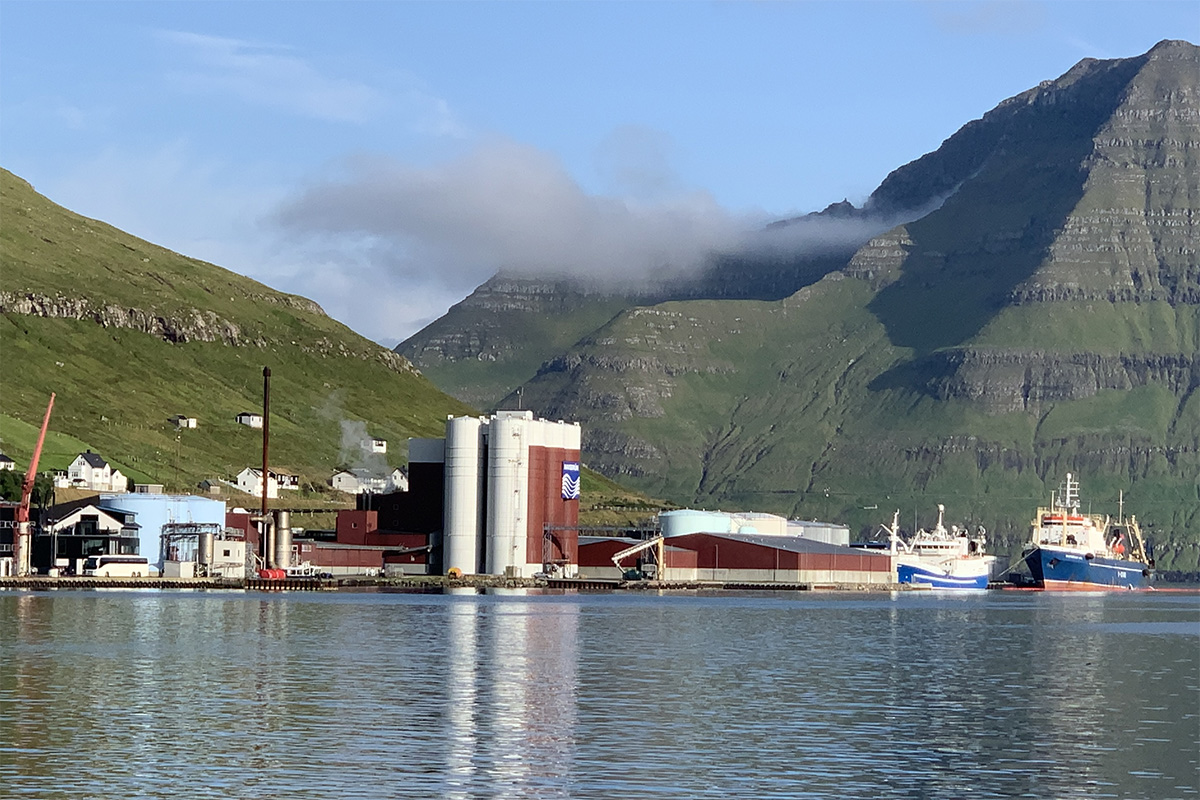
Distance from the grounds, and very patchy fishing in the Banana Hole, means that much of the mackerel taken by Faroese and Icelandic trawlers this summer has been consigned to fishmeal plants such as this one in Fuglafjørður. (Photo: IFOMA)
EAPO has claimed that in allowing Norway to ‘print’ quota, and subsequently catching it itself, the UK is mirroring behaviour by Faroe, which swapped mackerel quota for Russian cod – a deal that caused outrage in 2021 and 2022 when it first took place.
Tim Heddema, spokesperson for the EU pelagic fishing industry, said: “The unilaterally set North East Atlantic mackerel quotas by Norway and Faroe Islands, at unjustified levels and on the basis of a one- dimensional zonal attachment approach deemed highly flawed by scientists from all coastal states, remain unacceptable and work against the efforts to pursue an all-inclusive agreement.
“The UK-Norway deal will have no impact on the overfishing, unless the UK decides not to utilise the additional mackerel they received. Norway printed the currency themselves and then paid with it.”
Speaking for the Scottish Pelagic Fishermen’s Association, Ian Gatt told FN that, contrary to the claims made, the UK was the only member of NEAFC that had made tangible progress in reducing overall fishing effort on the shared mackerel stock.
“Negotiations are ongoing. In the meantime, as a one- off, and without setting any precedent, the UK has seen a significant reduction in the catches of mackerel that will be taken by Norway this year, something that can only be a positive benefit for everyone.
“This comes against a backdrop where we have seen really disappointing behaviour by Icelandic and Faroese vessels, many of whom have been fishing exclusively for fishmeal, undertaking long trips, with big environmental footprints, in a bid to try to catch the unrealistic quotas they have awarded themselves. This is absolutely the last thing that the fishery needs.
“There is no question that we face a difficult series of negotiations, as we try to bring sense to bear in managing these shared fisheries, within sustainable limits. This week’s meeting is likely to be a planning session, ahead of the more detailed talks later in the autumn. Agreement in principle by all parties, that catching mackerel for fishmeal should be avoided, is at least one subject where all parties should be able to reach consensus.”
Trade group NAPA, whose members buy a significant part of the blue whiting, Atlanto- Scandian herring and mackerel that are all part of the same NEAFC members’ dispute, has long threatened to boycott landings from the fisheries if TAC share-outs cannot be agreed that are within the scientific advice. In a recent statement ahead of this week’s talks, it reiterated its calls for states to work within scientific advice.
Agreement will be made all the harder as evidence continues to suggest that whilst highly variable, and venturing nowhere near as far north as states such as Greenland would like to suggest, the mackerel stock is shifting its migration northwards, spending more time in UK waters, where the EU catches the majority of its quota, and less time in the Bay of Biscay.
This story was taken from the latest issue of Fishing News. For more up-to-date and in-depth reports on the UK and Irish commercial fishing sector, subscribe to Fishing News here or buy the latest single issue for just £3.30 here.
Sign up to Fishing News’ FREE e-newsletter here.

